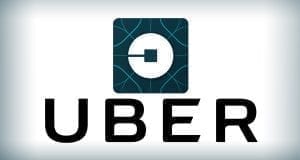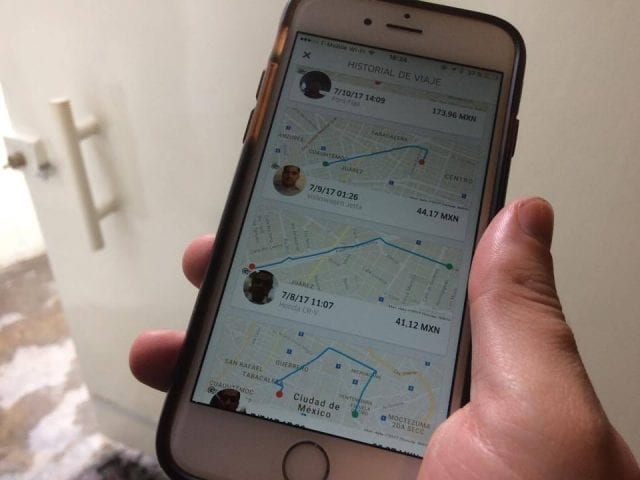At issue, yet again, is Uber’s insistence that its drivers are independent contractors.
New Jersey is ordering popular rideshare service Uber to pay $649 million in fines and unpaid taxes for erroneously and improperly classifying its employees as independent drivers.
According to The New York Times, the demand was issued by the state’s Department of Labor and Workforce Development. New Jersey is asking that Uber and its subsidiary, Raiser, reimburse the government for $530 million in missing back taxes that accrued from 2014 to 2018.
Because of Uber’s late payment, the state is seeking another $119 million in interest.
As the New York Times notes, the ‘case represents a major escalation in how states nationwide view the employment practices at the core of many app-based companies.’ It’s also the first time a ‘local government’ has gone after Uber for past-due payroll taxes.
Right now, Uber has hundreds of thousands of drivers in the United States, many of whom have joined class actions for higher wages and better protections. Uber has, largely, continued to insist that its workers are independent contractors rather than ordinary workers entitled to regular benefits.

A spokeswoman for Uber reiterated the company’s stance and challenged New Jersey’s take on the case.
“We are challenging this preliminary but incorrect determination, because drivers are independent contractors in New Jersey and elsewhere,” said spokeswoman Alix Anfang in a statement.
While Uber probably won’t bow to the state without a judgement, some attorneys and drives have already begun to celebrate New Jersey’s announcement.
“I have clients who are Uber drivers that are sleeping in their cars because they cannot afford the basic necessities, they can’t afford a place to live,” said attorney Shannon Liss-Riordan, a partner at Lichten & Liss-Riordan. “That’s not acceptable.”
Bhairavi Desai, executive director of the New York Tax Workers Alliance, also praised New Jersey’s assault on Uber.
“It’s a stinging rebuke of the architects of the gig economy, and we hope it permeates across other sectors,” Desai said. “New Jersey is sending a message that the state’s labor laws aren’t dictated by corporations.”
Taxi drivers in New York have been among the hardest hit by Uber—up until recently, cab drivers were forced to bid for or work under tax medallions, which could carry six-figure price tags. The introduction and popularity of Uber led medallion prices to crash. Nevertheless, rideshare proponents have been quick to point out that, even if Uber damages some traditional industries, the company is simply a disruptive force breaking into a stagnant marketplace.
Whether or not Uber employees can be considered independent contractors comes down to regulation and test. New Jersey, says NBC News, has some of the strictest in the United States. To be considered an independent contractor, workers must meet three specifications—including that the services they provide fall outside an employer’s usual course of business.
Uber, for its part, contends that its over-the-road employees exercise great discretion in determining when, where and how they drive. While many of its workers choose to drive for the app full-time, they’re under no obligation to do so (although some claim to face pressure from Uber to drive more frequently, with incentives being awarded to high-performing drivers).
Being forced to re-evaluate its employment model could raise labor costs for companies like Uber by between 20 and 30%.
“The New Jersey Department of Labor and Workforce Development is cracking down on employee misclassification because it stifles our workforce and inflicts a huge financial toll on our economy,” said department commissioner Robert Asaro-Angelo in a statement.
Sources
New Jersey hits Uber with $640 million tax bill for misclassifying workers
Uber Fined $649 Million for Saying Drivers Aren’t Employees
Uber fined $650 million by New Jersey over driver classification


Join the conversation!